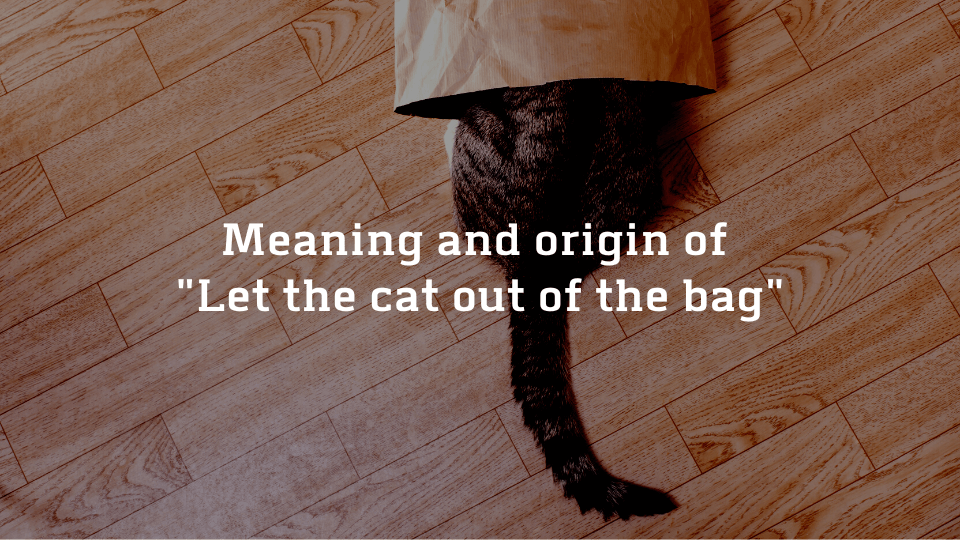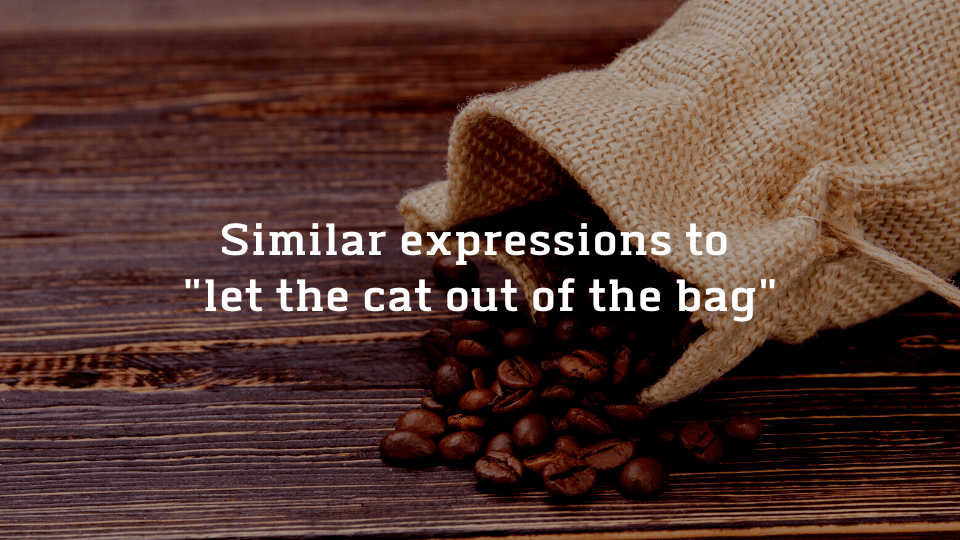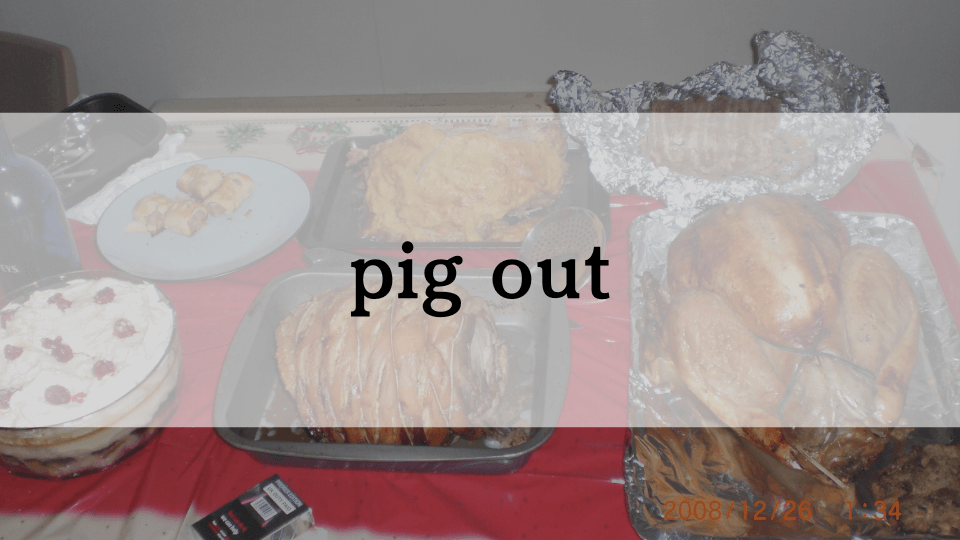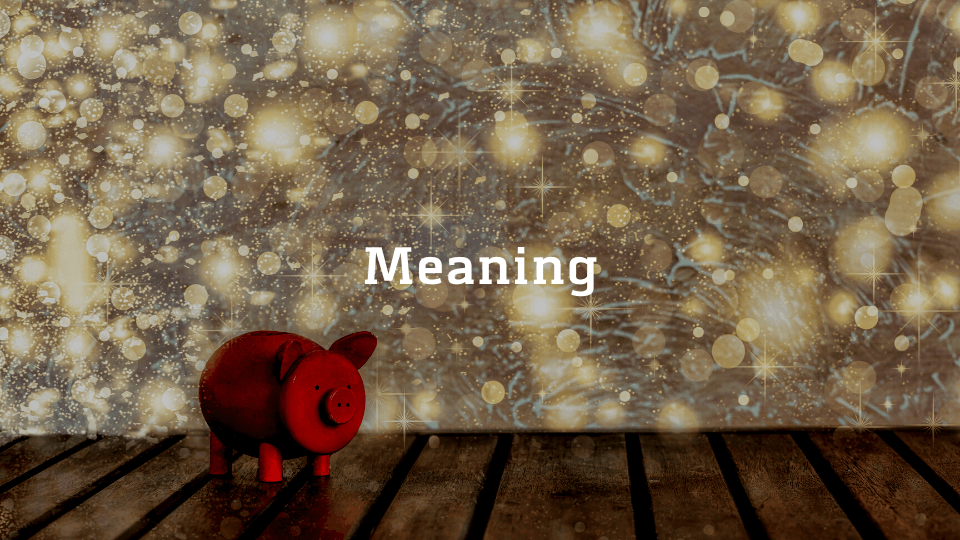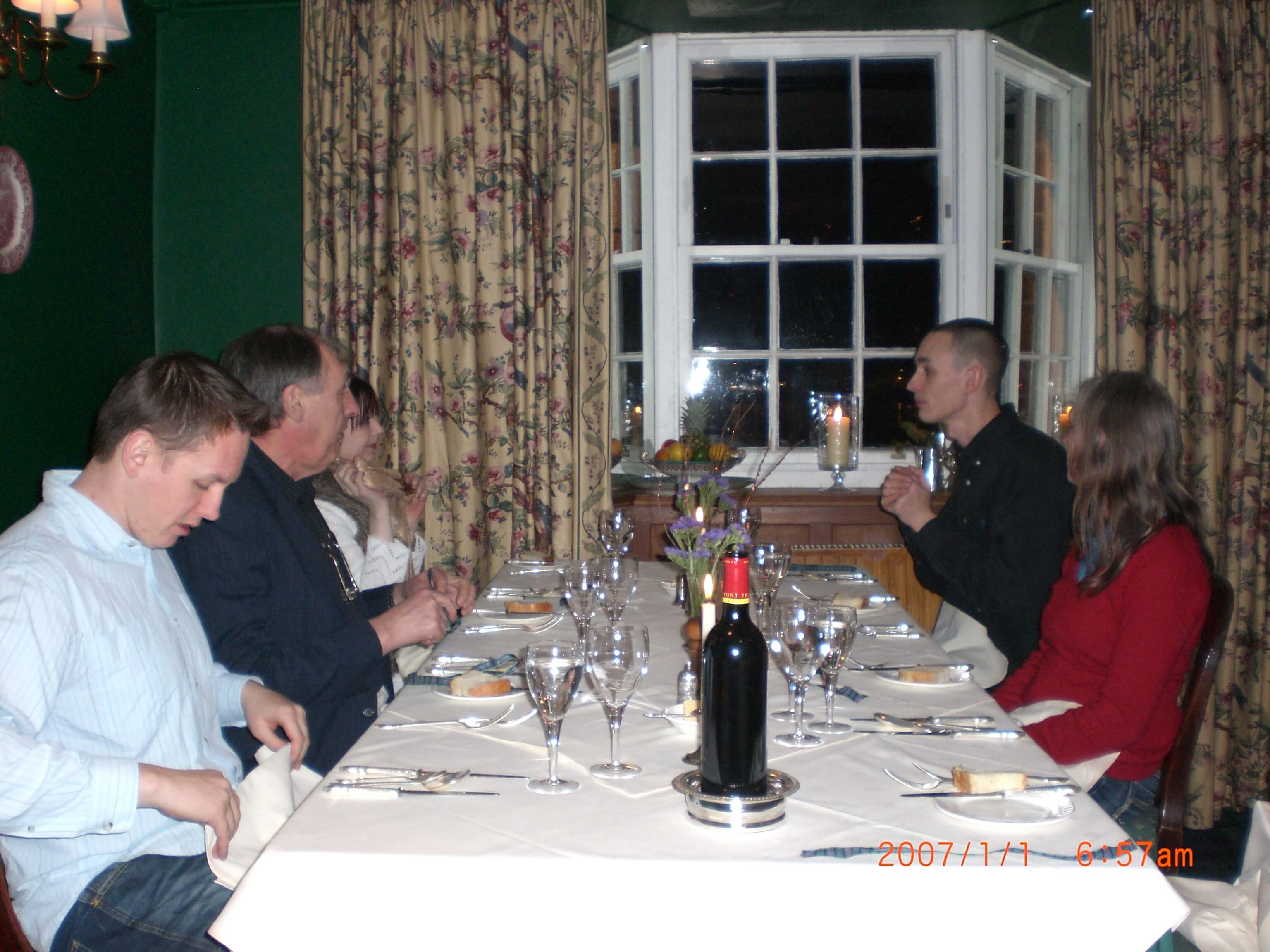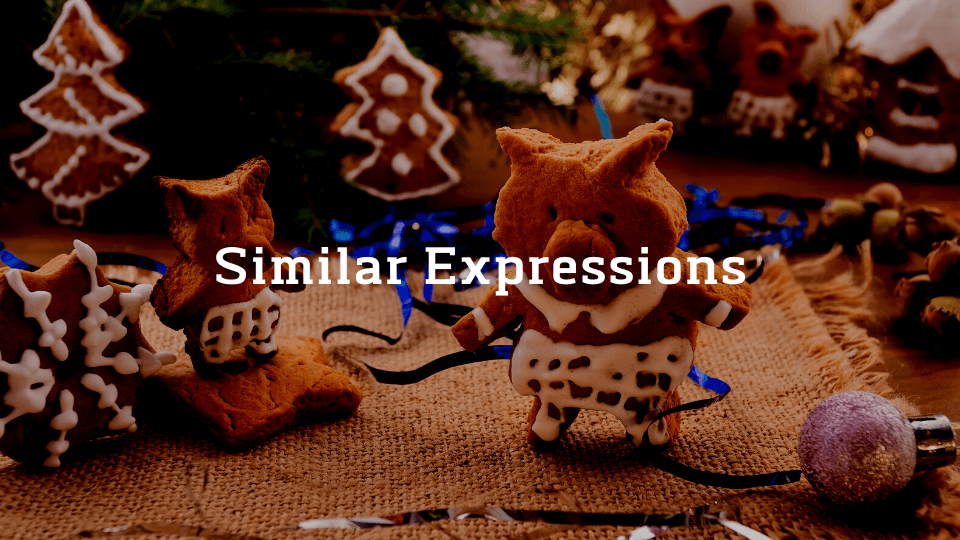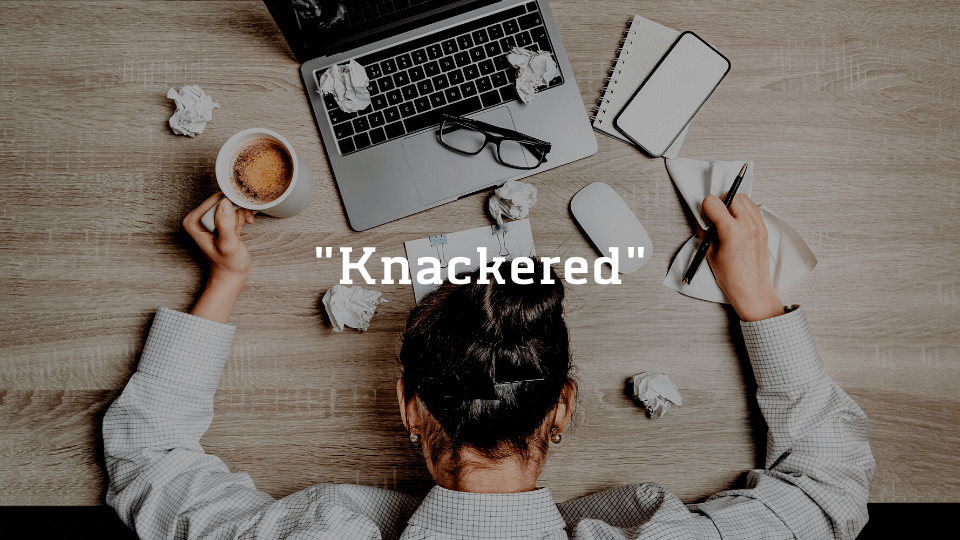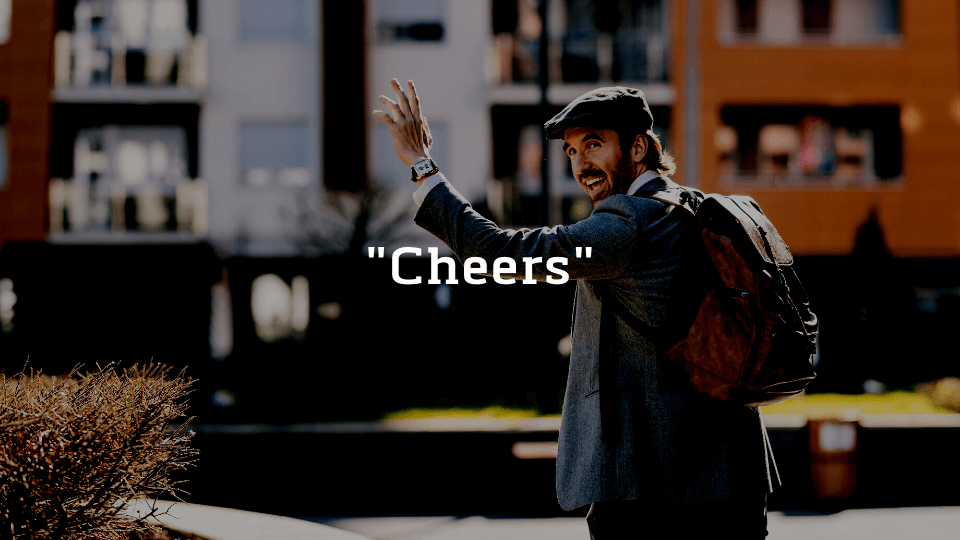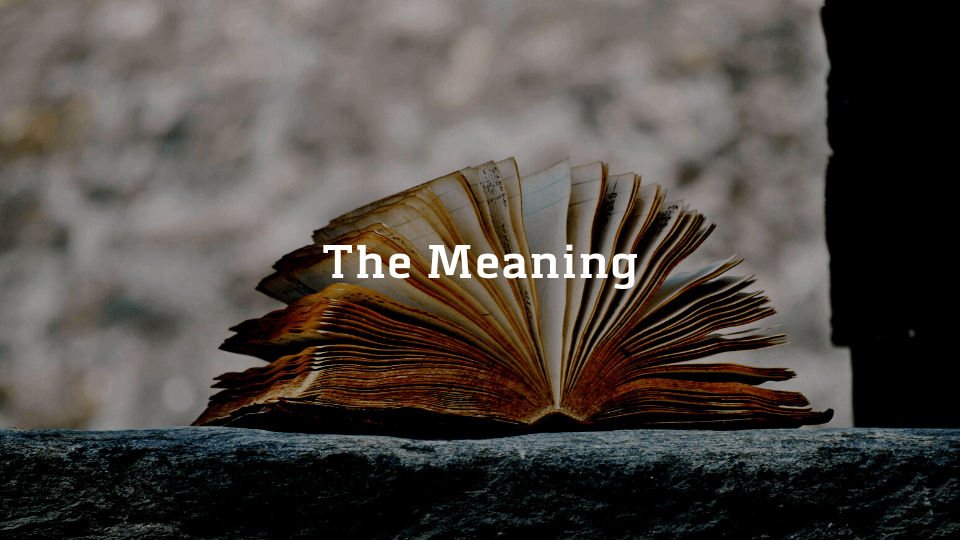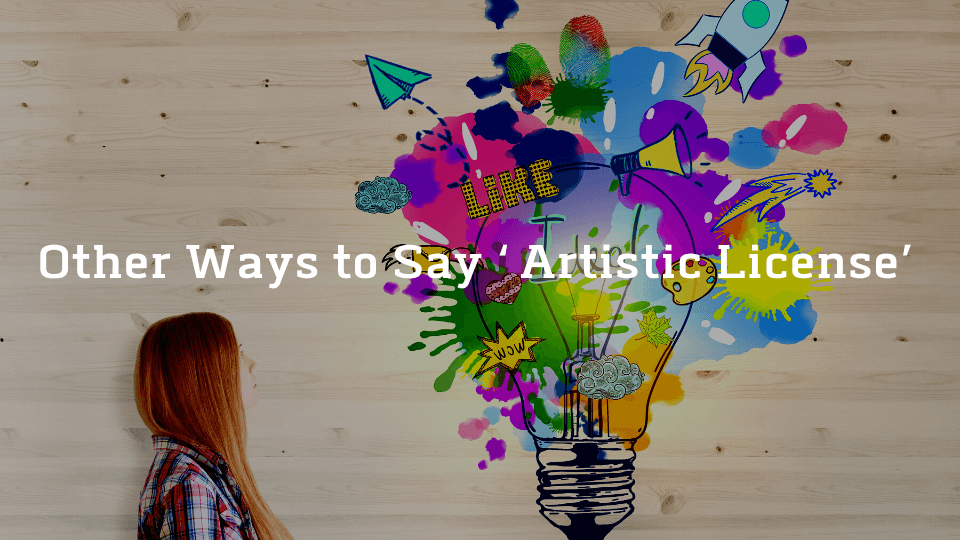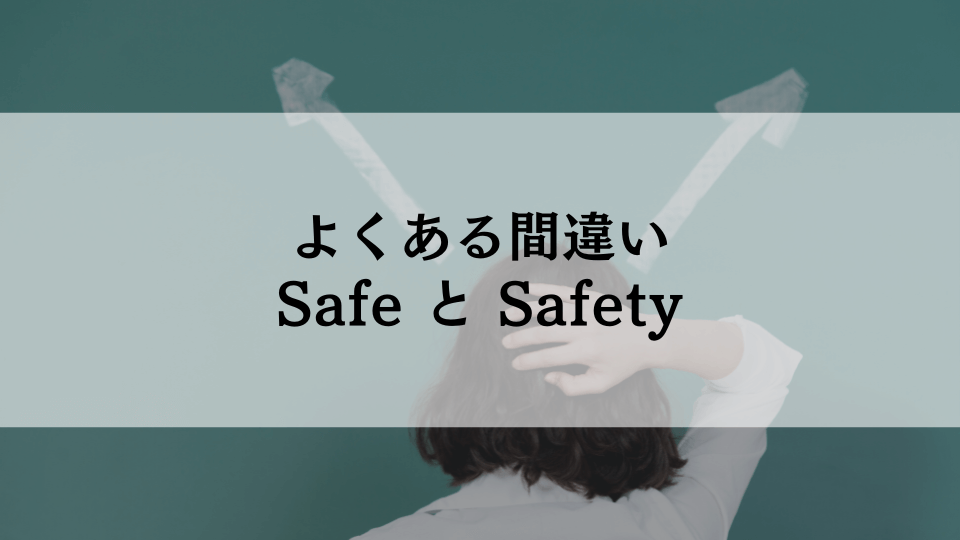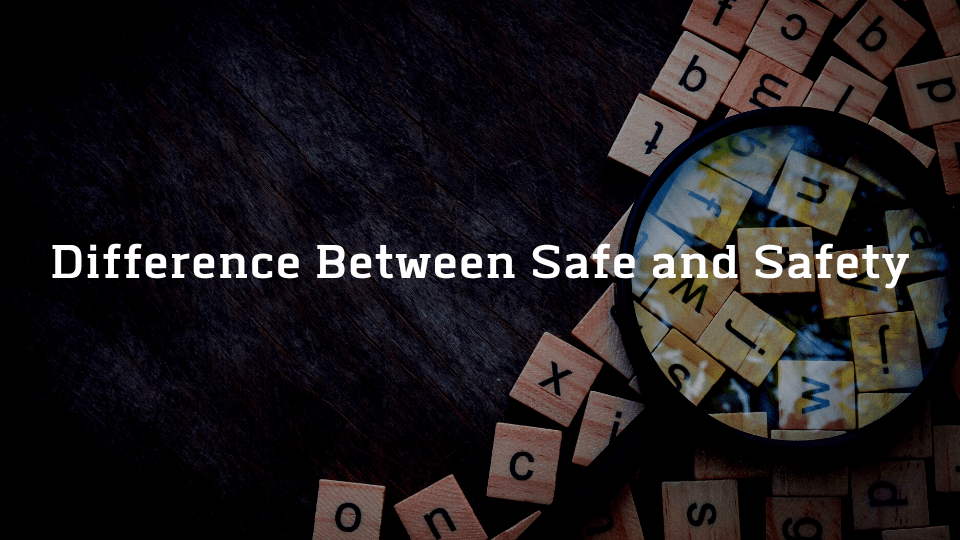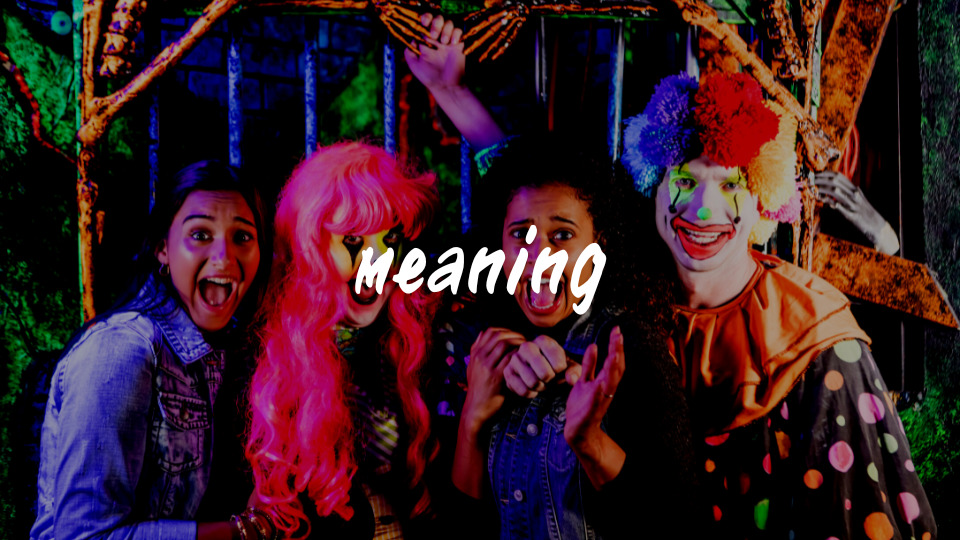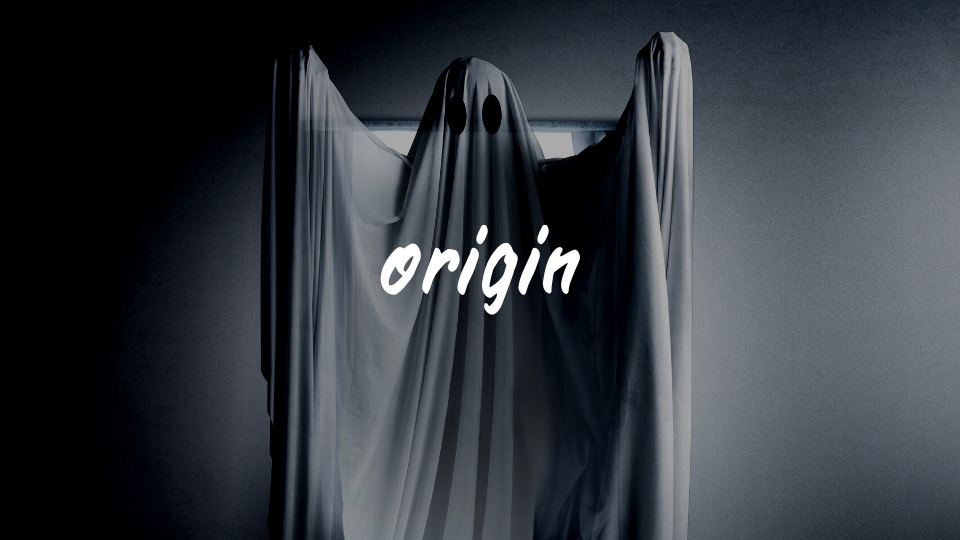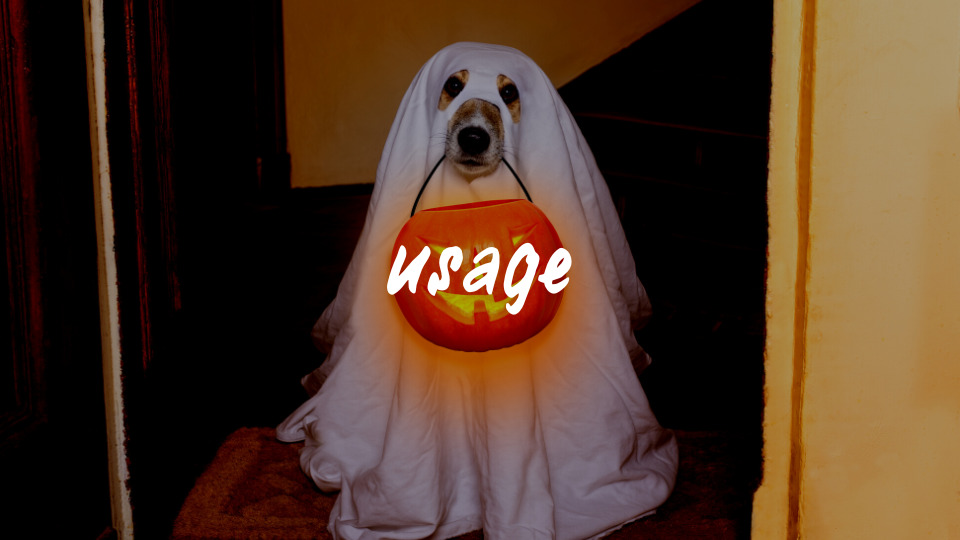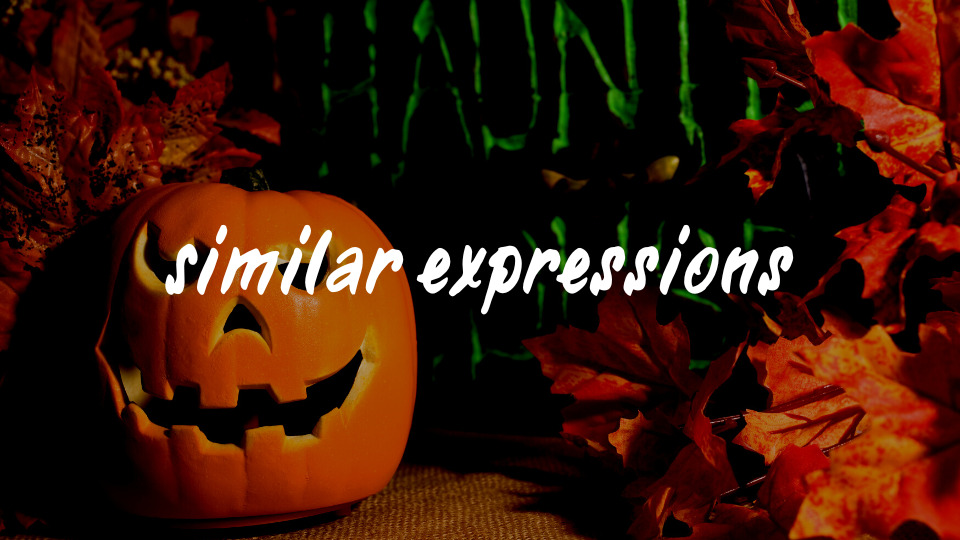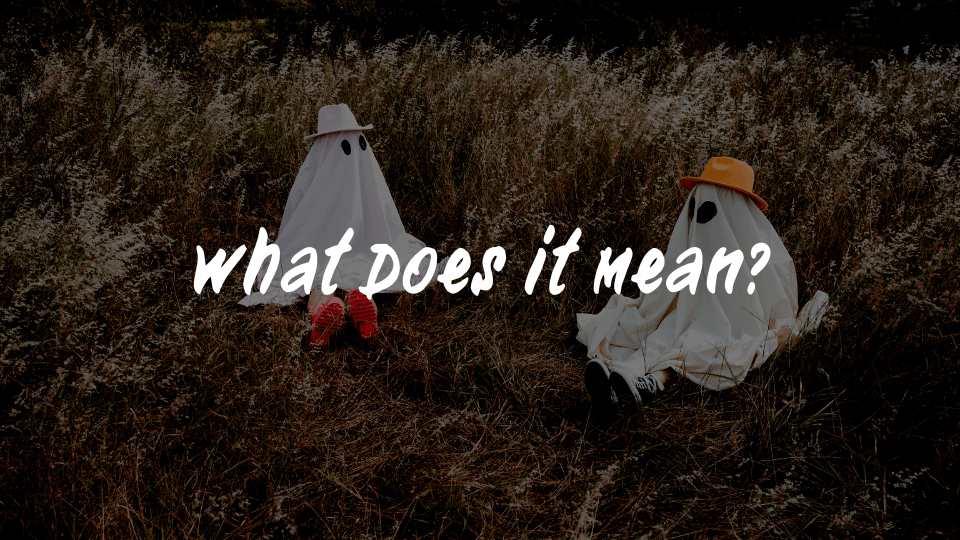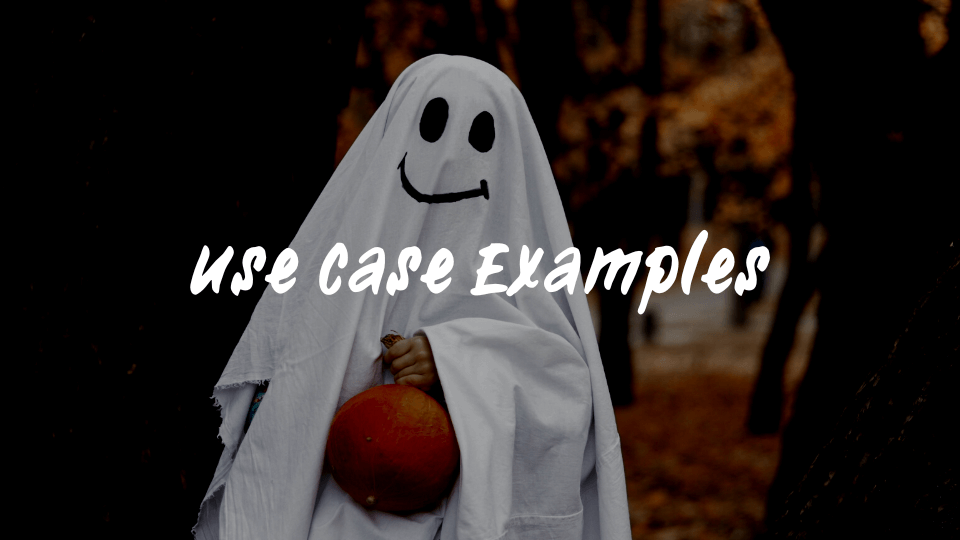【講師ティム】
ホリデーシーズンがやってきました。
博多駅、天神、そして福岡の多くの場所で美しいクリスマスのイルミネーションが飾られています。
クリスマスがもうすぐそこまで来ている中 (記事を書いているのは11月)、とても素敵な英語の表現があります。
「Eat, drink, and be merry. (食べて、飲んで、楽しんで)」
このブログでは、このフレーズの意味と使い方について深く掘り下げていきます。
「Eat, drink and be merry」の意味と由来
「Eat, drink, and be merry.」という表現は、他の人たちに楽しんで、気兼ねなく祝うように勧めるためによく使われる陽気な言葉です。
この言い回しは聖書の節に基づいており、私たちは人生をできるだけ楽しむべきだという意味です。
なぜなら、人生はすぐに終わってしまうからです。
そのため、特にクリスマスの集まりのような祝祭の場には最適で、人々が一緒になって美味しい食べ物、飲み物、そして楽しい瞬間を分かち合うのにふさわしいです。
「Eat, drink and be merry」の例文
この表現を聞いたり使ったりする主なシチュエーションは、祝祭の集まり、乾杯や祝福の言葉、パーティーなどがあります。
[例文]
As we gather around the table for Christmas dinner, let’s eat, drink, and be merry!
(私たちがクリスマスディナーのためにテーブルを囲むこのときに、食べて、飲んで、楽しもう!)
Please come to our house for Christmas. Let’s eat, drink and be merry together!
(クリスマスに私たちの家に来てください。一緒に食べて、飲んで、楽しみましょう!)
Wishing you a Christmas filled with laughter and good company. Eat, drink, and be merry with your loved ones.
(笑いと良い仲間に満ちたクリスマスをお祈りします。愛する人たちと一緒に食べて、飲んで、楽しんでください。)
We have worked hard throughout the year, now it’s time to take a rest and eat, drink and be merry with our loved ones.
(私たちは一年を通して一生懸命働きました。今は休息を取り、愛する人たちと食べて、飲んで、楽しむ時です。)
「Eat, drink and be merry」と類似の表現
「Eat, drink and be merry」のほかにも「make merry ([飲んだり食べたりして] 陽気に騒ぐ)」という表現もときどき使います。
これは「Eat, drink and be merry」ととても似ていて、食べたり、飲んだり、踊ったりして楽しむことを意味します。
[例文]
This holiday please come to our house to make merry together!
(このホリデーは私たちの家に来て、一緒に陽気に楽しみましょう!)
The weekend is here; time to make merry with friends and family!
(週末が来ました。友達や家族と一緒に陽気に楽しむ時です!)
Don’t worry about work right now; today is a day to make merry!
(今は仕事のことを心配しないでください。今日は陽気に楽しむ日です!)
私の家族とのクリスマス
「Eat, drink and be merry」という表現は、私がクリスマスについて感じることを完璧に表しています。
私の多くの日本人の生徒さんはクリスマスが宗教的な休日だと思っています。一部の人々にとってはそうかもしれませんが、私にとってはそうではありません。
自宅の暖かさの中で家族と過ごすのに最適な時です。
クリスマスキャロルを聴いたり、クリスマス映画を見たり(私のお気に入りのクリスマス映画のリンク)、美味しい飲み物を飲んだり、美味しい食事をしたり、愛する人たちと良い時間を過ごす時です。
まとめ
これでわかりましたね。
「Eat, drink and be merry」の意味と使い方について良いアイデアをご紹介できたと思います。
2023年はケンジントン英会話はとても忙しい年でしたが、学校をあらゆる面で改善することができたと思うので、良い年でした。
そんな忙しい年の後は、冬休みにゆっくり休み、eat, drink and be merry (食べて、飲んで、楽しんで)!!
ティム
実践的な英語ならケンジントン英会話
ケンジントン英会話では、教科書には載っていない、生きた表現を身に付けられます。
福岡市内の教室やオンラインで、経験豊富でフレンドリーな講師と一緒に英語を学びませんか?
実践的な英語を学びたい方はケンジントン英会話の公式サイトをチェック!
[英語原文]
The holiday season is upon us, and Hakata station, Tenjin and many other places in Fukuoka are decorated with beautiful Christmas illuminations. With Christmas just around the corner, there is a really nice English expression that in my mind perfectly captures the spirit of celebration: “Eat, drink, and be merry.” In this blog we are going to delve deeper into its meaning and usage.
Origin and Meaning
“Eat, drink, and be merry” is a jovial expression often used to encourage others to enjoy themselves and celebrate without reservation. The saying is based on verses from the Bible, and basically means that we should enjoy life as much as possible because it will be over soon. Therefore, it’s ideal for festive occasions, especially during Christmas gatherings, when people come together to share good food, drinks, and joyous moments.
Example Sentences:
Some common situations where you might hear or use this expression are festive gatherings, toasts or well wishing, parties, etc….
- – As we gather around the table for Christmas dinner, let’s eat, drink, and be merry!
- – Please come to our house for Christmas. Let’s eat, drink and be merry together!
- – Wishing you a Christmas filled with laughter and good company. Eat, drink, and be merry with your loved ones.
- – We have worked hard throughout the year, now it’s time to take a rest and eat, drink and be merry with our loved ones.
Similar Expressions – make merry
Another expression we sometimes use is “make merry”. It’s very similar to “Eat, drink, and be merry” as it basically means to have fun and enjoy oneself by eating, drinking, dancing, etc.
- – This holiday please come to our house to make merry together!
- – The weekend is here; time to make merry with friends and family!
- – Don’t worry about work right now; today is a day to make merry!
Christmas with my Family
Eat, drink and be merry perfectly encapsulates how I feel about Christmas too. I think many of my Japanese students assume that Christmas is a religious holiday but while it may be so for some people, it’s not so for me. It’s a perfect time to spend in the warmth of your home with your family, listening to some Christmas carols, watching some Christmas movies (This is the link to my favourite Xmas movies!), drinking nice drinks, eating nice food and having a good time with the people you love.
Conclusion
There you have it, I hope we gave you a good idea about what “Eat, drink and be merry” means and how to use it. 2023 was a very busy year for us in Kensington, but it was a good year as I think we improved our school on all accounts. After such a busy year, it’s time to take a rest for the winter holidays and …….. eat, drink and be merry!!
Tim
~*~*~*~ \ Follow me / ~*~*~*~
Instagram : @kensington_eikaiwa
Facebook : @kensingtoneikaiwa
YouTube : KENSINGTON英会話
~*~*~*~*~*~*~*~*~*~*~*~*~*
◆お問い合わせはこちら
ケンジントン英会話:お問い合わせフォーム


























